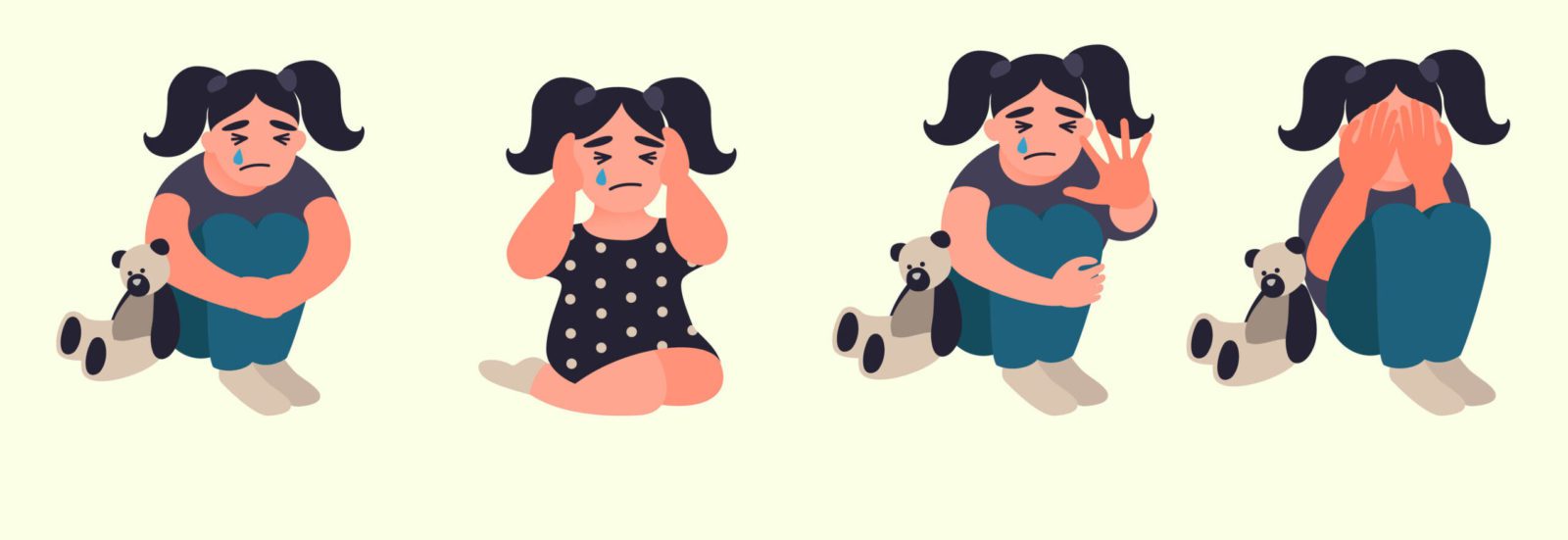ethics
Should biosimilar drugs be artificially promoted in Canada?
CPSO’s revised end-of-life policy is ethically problematic
Are new ethics rules needed to guide research with patient collaborators?
Should people with mental health disorders have access to physician-assisted death?

Should someone with depression be assisted in ending their life? It’s a question that many in health care are currently wrestling with. And it’s not a hypothetical one. The February 2015 Supreme Court of Canada ruling on physician-assisted death – known as the Carter decision – opens the door for people with mental health conditions …
It’s not just about you – screw the flu!

The Ontario Nurses Association (ONA) recently won an arbitration against Sault Area Hospital striking down their ‘vaccinate-or-mask’ policy. The arbitrator Jim Hayes found the policy was unreasonable, and a “coercive” tool to force heath-care workers to get a flu shot. While this decision is only binding to Sault Area Hospital, many hospitals across Ontario will …
Why are so many members of the palliative care community opposed to physician assisted death?

On February 6, 2015, the Supreme Court of Canada unanimously ruled to strike down the provisions of the Criminal Code that prohibit Physician Assisted Death (PAD, which includes both physician-assisted suicide and euthanasia). Although public support for PAD in Canada has been very high for decades, support among the medical community has been lukewarm at …
Gupta in Nepal: a physician-reporter pushing past the ethical limits

Nepal is a disaster zone. Katmundu hospital is overflowing. Sanjay Gupta is on the scene, showing and telling CNN audiences the scope of the tragedy with the expert eyes of a physician and the skills of a reporter but then, what’s this? Dr Gupta is asked to operate and there he is performing emergency surgery …
Should doctors be charging disadvantaged patients for sick notes?
Can’t you do something, Judge? This was the question I was asked in Drug Treatment Court last week. Unfortunately, my answer was “I tried. But I can’t seem to get these doctors to change!” The issue was doctors charging their patients for one line notes stating they had been ill and had been seen in …
Hospitals need to be more than just landlords

Last month I had a meeting at the Ottawa Hospital’s Civic campus. On my way through the hospital I passed by something called the Omega Laser Stop Smoking Clinic. According to their literature, “laser therapy treatment is a non-invasive method used to balance the energy flow between meridians“, and is reported by them to work …
“Patient-centred” – what does it mean and how achievable is it?

“Patient-centred care” is on everyone’s lips these days. But, do we all agree what it is and when it has been achieved? And does patient centredness create new ethical dilemmas for patients and providers? The University of Toronto Joint Centre for Bioethics (JCB) and Healthy Debate are partnering to explore some of the practical and …
Routine “rescue” care for the frail elderly is unethical

On a daily basis both in hospitals and in our offices we deploy a dizzying array of medications and technologies designed to extend life. The problem is that most of these interventions have rarely been tested on frail seniors and have a much greater chance of causing them harm than providing benefit. Yet “rescue” care …
Will Quebec’s cut to IVF funding lead to more multiple pregnancies?

Women who get pregnant without using technology typically have one baby at a time. Women who use technology such as fertility drugs or in vitro Fertilization (IVF) are at increased risk of getting pregnant with twins, triplets or more. While this may seem like good news for women who might not otherwise get pregnant, multiple …
Outdated consent rules a barrier to improving children’s health care

The evidence to support much of children’s healthcare is limited.Ten years ago, randomized controlled trials in adults were increasing ten times faster than pediatric ones. Unfortunately, it doesn’t seem like the trend has changed and the gap in evidence between adult and children’s healthcare continues to widen. Randomized controlled trials are the best ‘fair tests’ we …
Do health care workers have a duty to treat Ebola victims?

Every decade or so, a new or exotic infectious disease boards a flight and lands at a Western hospital, and suddenly ethical questions of risks to health care workers and “duty to treat” are front and centre. In the 1980’s and 90’s it was HIV/AIDS. In 2003 it was SARS. Today it’s Ebola. There is no question the …
Left out in the cold: seven reasons not to freeze your eggs

In 2012, the American Society for Reproductive Medicine (ASRM) lifted the experimental designation on human egg freezing. At this time, it was careful to indicate that freezing technology should not to be used for elective purposes, particularly as this might give young women false hope. A 2014 fact sheet prepared by the ASRM confirms that “Even in …
Paternalism to patient-centered: do people want to know incidental findings?

A recent article in Healthy Debate highlighted the possibility of uncovering incidental findings as a significant challenge in genomic sequencing. An incidental finding is a genetic condition that causes a disease unrelated to the reason genetic testing was initially ordered. For example, imagine you have been recently diagnosed with a serious disease, such as colon …
Should patients be told about incidental findings from genetic testing?

Genomics is moving at a lightning pace. Whole genome sequencing, a special type of genetic test, can produce much more information about a person’s genes than ever before. However, this rapid advance in technology has outpaced our ability to understand what to do with all of this additional information. As a result, patients and clinicians …
More patients die in hospitals on the weekend – will we do anything about it?

In the year since Healthy Debate published Fewer hospital staff on weekends put some patients at risk, evidence of a “weekend effect” at hospitals has continued to mount. Today, the Canadian Institute of Health Information released a new report which further reinforces that for some patients admitted to hospital on the weekend, there is a …
Should HPV vaccination programs be expanded to boys?

Vaccination programs are based on the old adage that an ounce of prevention is worth a pound of cure. Since 2007 Canada has had a vaccination program for the Human Papillomavirus (HPV) administered to girls, although the age of vaccination varies by province: Grade 5 in Alberta and Grade 8 (with catch up until Grade …


